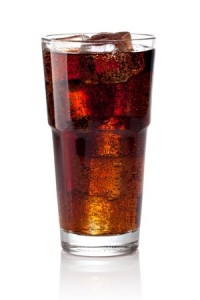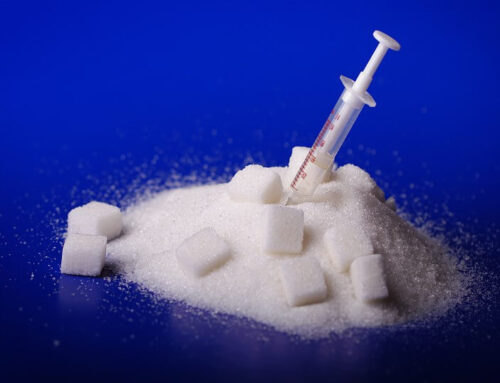 Sugar-sweetened beverages, including soft drinks or sodas, fruit-flavored drinks, sports drinks, and energy drinks, are the largest source of added sugar in the US diet. In a new study published in the American Journal of Public Health, researchers found sugar-sweetened soda consumption was associated with shorter telomeres. This may be significant because shorter telomeres are associated with shorter lives. Accumulated data support the notion that the loss of telomeres contributes to human aging. Inside our cells, our genes are arranged along molecules of DNA called chromosomes. At the ends of the chromosomes are stretches of DNA called telomeres, which protect our genetic data and make it possible for cells to divide. “Telomeres have been compared with the plastic tips on shoelaces, because they keep chromosome ends from fraying and sticking to each other, which would destroy or scramble an organism’s genetic information. Yet, each time a cell divides, the telomeres get shorter. When they get too short, the cell can no longer divide; it becomes inactive or “senescent” or it dies. This shortening process is associated with aging, cancer, and a higher risk of death. So telomeres also have been compared with a bomb fuse.”
Sugar-sweetened beverages, including soft drinks or sodas, fruit-flavored drinks, sports drinks, and energy drinks, are the largest source of added sugar in the US diet. In a new study published in the American Journal of Public Health, researchers found sugar-sweetened soda consumption was associated with shorter telomeres. This may be significant because shorter telomeres are associated with shorter lives. Accumulated data support the notion that the loss of telomeres contributes to human aging. Inside our cells, our genes are arranged along molecules of DNA called chromosomes. At the ends of the chromosomes are stretches of DNA called telomeres, which protect our genetic data and make it possible for cells to divide. “Telomeres have been compared with the plastic tips on shoelaces, because they keep chromosome ends from fraying and sticking to each other, which would destroy or scramble an organism’s genetic information. Yet, each time a cell divides, the telomeres get shorter. When they get too short, the cell can no longer divide; it becomes inactive or “senescent” or it dies. This shortening process is associated with aging, cancer, and a higher risk of death. So telomeres also have been compared with a bomb fuse.”
Bottom line: There is sufficient evidence to limit our consumption of all sugar sweetened beverages to improve cardiometabolic risk factors, reduce chronic disease risk, and improve overall health.



